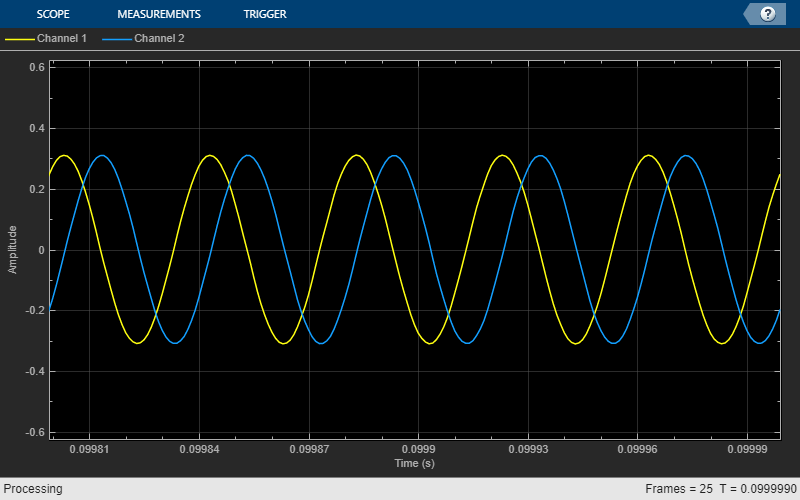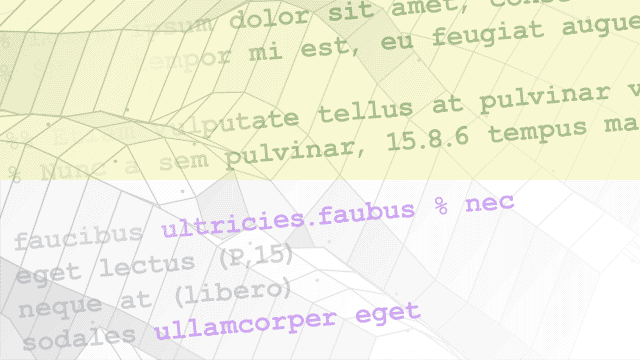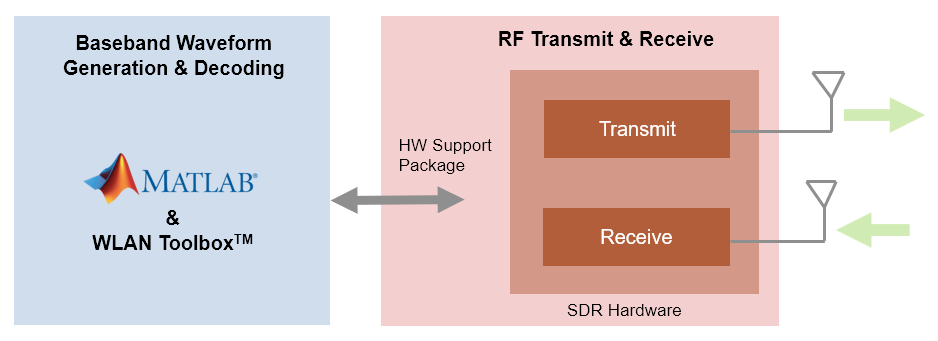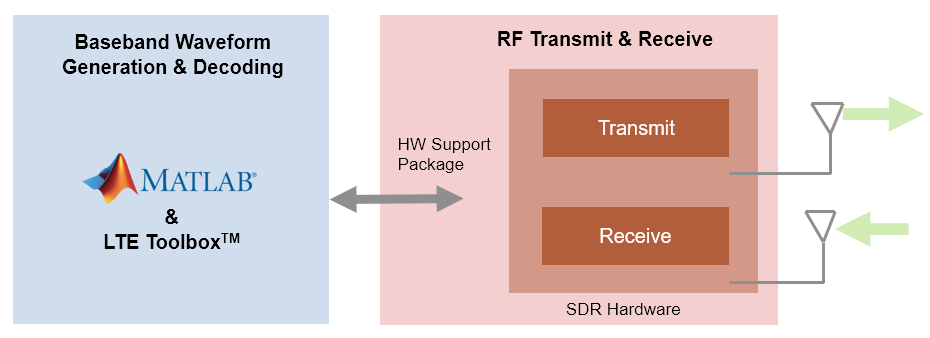无线电 I/O
发射和接收实际射频信号
在发射或接收实际射频信号时,使用 I/O 属性和方法执行单信道和多信道 I/O、检测丢失采样、应用突发模式缓冲以及重复发射波形。
函数
sdrrx | Create receiver System object for USRP embedded series radio hardware |
sdrtx | Create transmitter System object for USRP embedded series radio hardware |
capture | Capture contiguous RF data using USRP embedded series radio hardware |
designCustomFilter | Design custom filter for Analog Devices AD9361 RF chip |
info | Synchronize receiver or transmitter radio settings with radio hardware |
transmitRepeat | Download waveform signal to radio and repeatedly transmit it over the air |
模块
| E3xx Receiver | Receive data from USRP E3xx radio hardware |
| E3xx Transmitter | Send data to USRP E3xx radio hardware |
对象
comm.SDRRxE3xx | Receive data from USRP E3xx radio hardware |
comm.SDRTxE3xx | Send data to USRP E3xx radio hardware |
主题
- Channel I/O
Overview of available radio channels to send and receive data.
- Repeated Waveform Transmitter
Use a transmitter System object™ for repeated signal transmission.
- Capture Over-the-Air Signals
Record RF signals for post-capture processing in MATLAB®.
- SDR Receiver Sample Times
Set sample times in receiver blocks or receiver System objects.
- Data Frame Lengths
Set data frame length in receiver blocks or receiver System objects.
- Detect Underruns and Overruns
Detect underruns and overruns using the lost sample indicator.
- Burst Mode
To achieve real time performance, enable burst mode.
- Apply Conditional Execution
To determine whether you receive valid data from the radio hardware, apply conditional execution.
疑难解答
Resolve issues encountered during installation or while using the I/O mode features of the support package.



